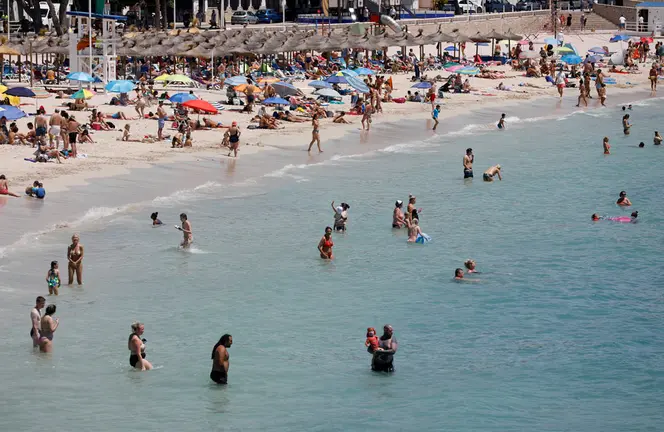Spring has already arrived in Spain officially a few days ago.
Now, the country is preparing to switch to daylight saving time simultaneously with its partners in the European Union (EU).
The change will occur, as usual, at dawn and during the weekend. More specifically, on the night of Saturday 26 March to Sunday 27 March, the clocks will advance one hour, so that at 2:00 a.m. it will be 3:00 a.m.
In the Canary Islands the clock change will be applied one hour before: at 1:00 a.m. it will be 2:00 a.m. Thus - due to the time difference between mainland Spain and the Canary archipelago - the time change is achieved simultaneously throughout the Spanish territory.
The result is that, from Sunday, March 27, the sun will rise and set at a later hour. The days will be longer and brighter until June 21, the summer solstice.
In Spain, summer time is adopted every year on the last Sunday of March.
Spain applies this time change since 1940 as a measure to save energy. However, in recent decades more and more experts question whether these savings are real and warn of the adverse health effects of changing the time twice a year.
When will we stop changing the clock?
Not all countries in the world change the time depending on the season. The latest to announce that it will stop doing so is the United States, which has just recently approved a law in the Senate to abandon this practice.
In Spain there is no established date to eliminate the time change.
The European Union (EU) discussed on numerous occasions the possibility of eliminating it and that was the intention before the outbreak of the coronavirus pandemic. But the Covid-19 crisis caused that measure to be delayed.










